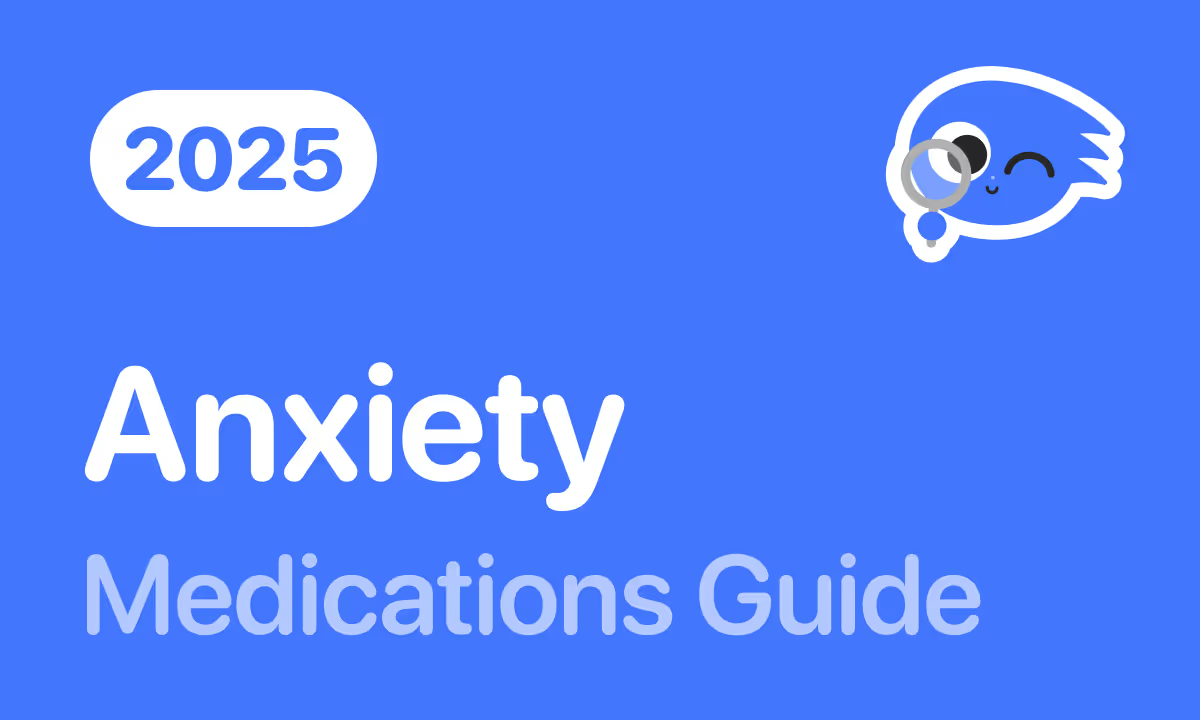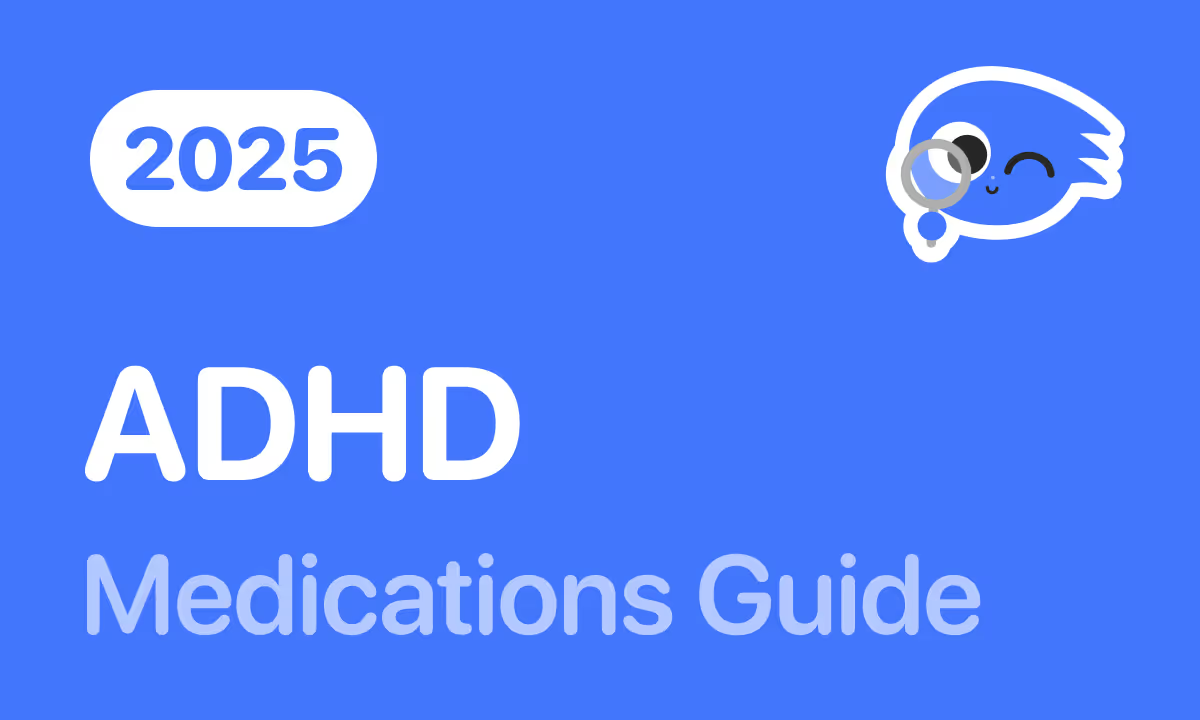
It's generally known that antibiotics are used to help treat bacterial infections, but very few people are aware of what happens if you miss a dose or fail to take your medication as instructed.
Whether you're dealing with mild bacterial infections such as skin infections, or more serious conditions like urinary tract infections, or lung infections, taking antibiotics correctly is crucial.
Missing a dose or taking a double dose by mistake can affect how well the medication works, potentially leading to treatment failure or antibiotic resistance.
In this blog, we’ll explore what happens if you miss a dose of antibiotics and offer practical advice on how to handle it safely.
Understanding the Importance of Antibiotics
Antibiotics are powerful medications used to treat bacterial infections.
They work by killing harmful bacteria or preventing them from multiplying, allowing your immune system to fight off the infection.
Taking antibiotics as prescribed is critical because not completing the full course or missing doses can lead to the bacteria becoming resistant, making future infections harder to treat.
This is why it’s essential to understand how to handle situations like missed doses properly.

What Happens if You Miss a Dose?
Missed antibiotic doses can affect how well the medication works.
If bacteria are not continuously exposed to the antibiotic, they might begin to grow again, potentially leading to an incomplete treatment of the infection.
Depending on the antibiotic and the severity of the infection, missing a dose may or may not have serious consequences.
The key is to manage the missed dose in the right way, which we’ll explore in the next sections.

What to Do After a Missed Dose
If you realize you’ve missed a dose, it’s important to act quickly but calmly. Here’s what you should do:
- Take the missed antibiotic as soon as you remember, unless it's almost time for the next dose. If that’s the case, skip the missed dose or consult your doctor if it's ok to take them one after the other.
- Resume your normal dosing schedule, continuing to take the medication as prescribed after the missed dose.
- Do not double up unless instructed by your healthcare provider. Doubling doses can lead to side effects without improving effectiveness.
- Keep track of the missed dose and inform your doctor, especially if it happens more than once.
Should You Double the Next Dose?
Doubling your next dose to make up for a missed one is generally not recommended.
Taking too much of an antibiotic at once can increase the risk of side effects such as nausea, diarrhea, or stomach upset, and overdosing on antibiotics can also affect your liver and kidneys which could lead to other complications.
Always follow the instructions provided by your doctor or pharmacist and never double your dose unless they specifically tell you to.

How to Get Back on Track with Your Antibiotic Schedule
Missing a dose can throw off your routine, but it’s important to get back on track as soon as possible. Here’s how:
- Set reminders: Use your phone or a reminder app to alert you when it’s time to take your next dose. You could even utilize wearable technology to help remind you of your dose schedule.
- Create a routine with your daily activities: Taking your antibiotics with meals or at bedtime can help you remember.
- Write it down: Keep a written log of when you take each dose, so it’s easier to track.
These small adjustments can make a big difference in staying consistent with your medication.
Common Mistakes to Avoid When Taking Antibiotics
When taking antibiotics, there are a few common mistakes that people tend to make. Avoid these pitfalls to ensure your treatment is effective:
- Stopping too early: Even if you feel better, don’t stop taking your antibiotics. The infection may not be fully gone, and stopping too soon can lead to resistance or could result in the infection getting worse.
- Skipping doses: Consistency is key. Skipping doses can lower the effectiveness of the treatment.
- Mixing with other medications: Always check with your doctor before taking other medications or supplements, as some can interfere with antibiotics or can have adverse effects from drug interactions.
- Taking antibiotics for viral infections: Antibiotics don’t work for viruses, such as the common cold or flu, so avoid taking them unless prescribed for a bacterial infection.

When to Contact Your Doctor
In some cases, you may need to consult your doctor for proper guidance on how to move forward with your medication schedule. Contact your healthcare provider if:
- You miss more than one dose.
- You’re unsure about how to handle a missed antibiotic dose.
- You experience side effects like rash, difficulty breathing, or severe diarrhea.
- Your symptoms don’t improve or worsen.
Generally, if you've been following your doctor's instructions on how to take your antibiotics, your infection should get better as the treatment progresses.
But if you miss a dose, mix your drugs incorrectly, or don't take your medications as prescribed, the treatment could fail to cure your infection.
Your doctor can provide guidance on the best course of action based on your specific situation, so if you're ever in doubt, be sure to reach out to them.

How to Store and Handle Antibiotics Safely
Proper storage and handling of antibiotics are important to ensure they remain effective. Here’s how to store them correctly:
- Follow the label: Some antibiotics need to be stored in the refrigerator, while others should be kept at room temperature. Always check the label or ask your pharmacist.
- Keep out of direct sunlight: Sunlight can degrade the effectiveness of some medications.
- Store in a dry place: Avoid storing antibiotics in the bathroom or other damp areas where moisture can affect the medication.
- Dispose of unused medication: If you have leftover antibiotics, don’t save them for later. Unused antibiotics should be properly disposed of, either at a pharmacy or as instructed by local guidelines.
Conclusion
Missing a dose of antibiotics can happen to anyone, but knowing what to do can help minimize the impact on your treatment.
The most important thing is to act quickly, stay on track, and consult your doctor if you have any concerns.
You can even try utilizing tools such as pill organizers, pill reminders, or even have a caretaker help you keep track of your medication regimen.
By following the steps outlined here, you can ensure that your antibiotic treatment is as effective as possible, helping you recover from your infection and avoid complications like antibiotic resistance.





